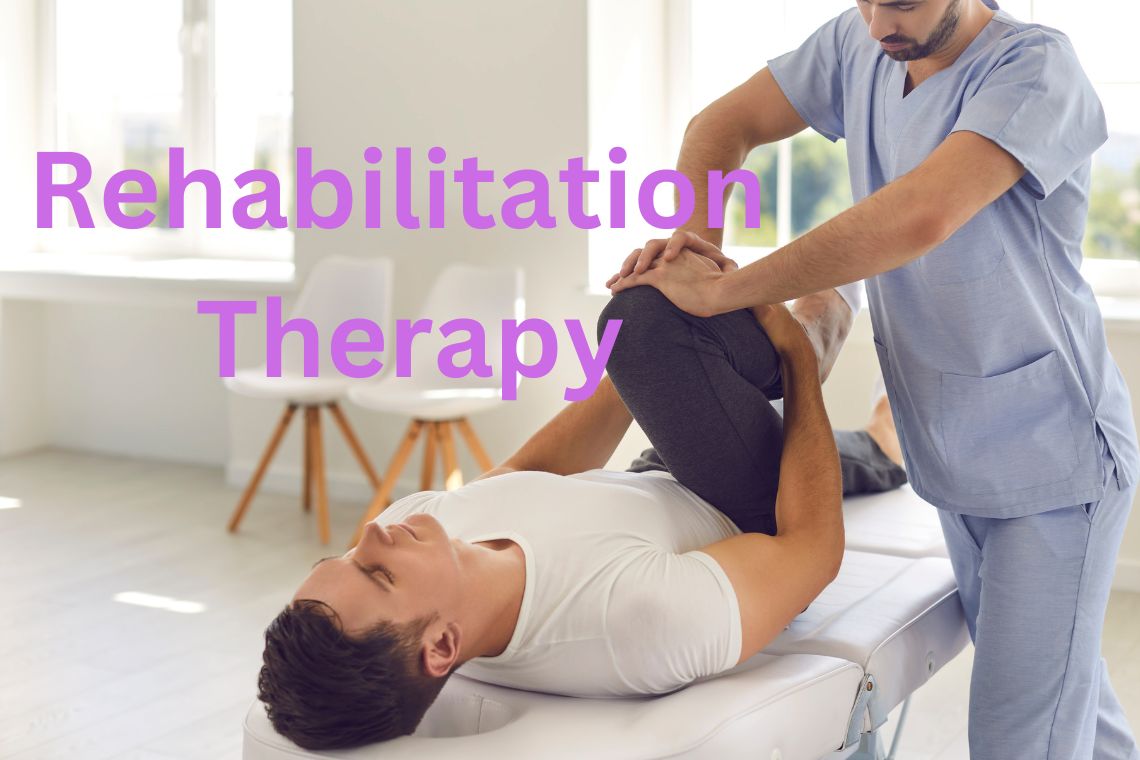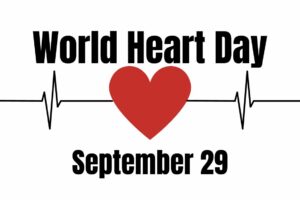
What Is Rehabilitation Therapy, Benefits Of Rehab-Therapy
Table of Contents
Introduction:
Life can sometimes present us with unexpected challenges, leaving us feeling vulnerable and unsure of the path ahead. In such times, rehabilitation therapy emerges as a guiding light, offering hope, healing, and the opportunity to regain independence. In this blog post, we will explore the transformative power of restoration therapy, its various approaches, and the profound impact it can have on individuals recovering from illness, injury, or surgery.
Understanding Rehab-Therapy:
Rehabilitation therapy, also known as rehab-therapy, is a multidisciplinary approach that aims to optimize physical, cognitive, and emotional function after an injury, illness, or surgery. It focuses on helping individuals regain strength, mobility, and independence, while also addressing any associated psychological or emotional challenges.
Types of therapy:
1. Physical Therapy:
Physical therapy focuses on improving physical function and mobility. Highly trained physical therapists work with patients to develop customized exercise programs, stretching techniques, and manual therapies to restore strength, flexibility, and balance. Physical therapy is commonly utilized for individuals recovering from orthopedic injuries, strokes, spinal cord injuries, or chronic pain conditions.
2. Occupational Therapy:
Occupational therapy aims to enhance an individual’s ability to engage in meaningful activities and daily tasks. Occupational therapists assist patients in improving their fine motor skills, cognitive abilities, and adaptive techniques. This type of therapy is commonly employed for individuals recovering from stroke, traumatic brain injuries, or those with chronic conditions that affect their ability to perform daily activities.
3. Speech Therapy:
Speech therapy, also known as speech-language pathology, focuses on improving communication, language, and swallowing disorders. Speech therapists work with patients to regain speech clarity, enhance language skills, and address swallowing difficulties caused by conditions such as stroke, brain injuries, or neurological disorders.
4. Cardiac Rehabilitation:
Cardiac rehabilitation is a specialized form of therapy designed to support individuals recovering from heart-related conditions, such as heart attacks or heart surgeries. This comprehensive program combines exercise training, lifestyle modifications, education, and emotional support to enhance cardiovascular health, reduce the risk of future cardiac events, and improve overall well-being.
5. Mental Health Rehabilitation:
Mental health rehab-therapy aims to support individuals facing mental health challenges, including anxiety, depression, post-traumatic stress disorder (PTSD), or substance abuse disorders. Through various therapeutic interventions, such as counseling, cognitive-behavioral therapy, and group therapy, mental health rehabilitation helps individuals develop coping strategies, improve emotional well-being, and reintegrate into society.
Benefits of Rehabilitation Therapy:
1. Restoring Function and Independence:
focuses on restoring lost or impaired functions, enabling individuals to regain independence and improve their quality of life. Through targeted interventions and personalized care plans, it helps individuals rebuild the strength, mobility, and cognitive abilities necessary for daily activities.
2. Pain Management:
For individuals dealing with chronic pain, Therapy offers non-pharmacological approaches to pain management. Techniques such as manual therapy, therapeutic exercises, and modalities like heat or cold therapy can alleviate pain, reduce reliance on pain medications, and improve overall well-being.
3. Preventing Secondary Complications:
Its plays a vital role in preventing secondary complications that can arise from immobility or reduced function. By promoting movement, muscle strength, and cardiovascular health, rehab therapy reduces the risk of muscle atrophy, joint stiffness, pressure sores, and other related complications.
4. Emotional and Psychological Support:
Therapy addresses not only physical challenges but also the emotional and psychological aspects of recovery. Therapists provide emotional support, coping strategies, and counseling to help individuals navigate the emotional toll that often accompanies illness, injury, or surgery.
5. Holistic Approach to Wellness:
Adopts a holistic approach to wellness, focusing on the overall well-being of individuals. It emphasizes healthy lifestyle changes, including exercise, proper nutrition, stress management, and self-care practices, to support long-term recovery and optimal health.
Conclusion:
Rehab-therapy stands as a beacon of hope and healing for individuals on the journey to recovery. Through its multidisciplinary approaches, it empowers individuals to regain function, independence, and confidence in their abilities. Whether it is physical, cognitive, emotional, or communicative challenges, recovery therapy provides personalized care and support to help individuals overcome adversity and embrace a brighter future.






